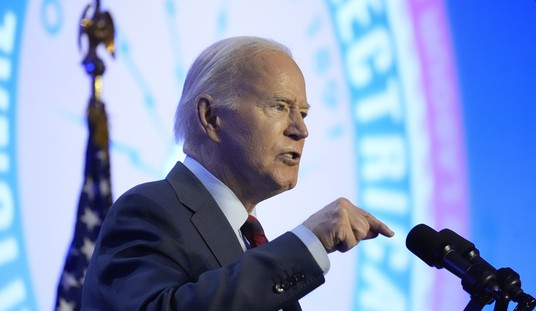A new paper from postal expert Michael Schuyler compares the financial performance of the U.S. Postal Service to foreign postal service providers. Not surprisingly, the USPS, which has lost over $25 billion since 2006 and ranks near the bottom of the Postal Index of Freedom, doesn’t fare too well.
From the paper:
[Universal Postal Union] data indicate that, in each year, the majority of posts in high-income jurisdictions were profitable. Declining mail demand was stressful, though: the share of posts reporting losses increased from less than one in ten in 2007 to more than one in three in 2010. Nevertheless, few posts lost money consistently: under 20% over the period 2008-2010 and under 10% over the period 2007-2008, which suggests most foreign posts reacted quickly and effectively to financial setbacks. The good news is that posts can adjust to change and remain financially viable. Unfortunately, USPS is among the posts with consistent losses. Further, UPU data show that, in each year, more than half the reporting posts in medium-income jurisdictions were profitable. Few spilled red ink year after year.
Schuyler says that he will explore the reasons for the USPS’s comparatively poor performance in a future paper, but notes that “A key finding will be that Congressional restrictions and pressure often deny the Postal Service the operational flexibility needed to manage its costs properly.” In a Cato essay, I discuss the problems with Congress’s micromanagement of the U.S. Postal Service and conclude that it should be placed on the path to privatization.
Recommended
Another postal expert, Alan Robinson, notes Schuyler’s piece and offers additional commentary on the need for policymakers to figure out what to do with the flailing postal service. Should the USPS go back to being subsidized by taxpayers? Or should the USPS remain a part of the federal government at all? Robinson concludes that “it is time for postal service stakeholders, and in particular its labor unions, to develop an acceptable path toward privatization.”
























Join the conversation as a VIP Member